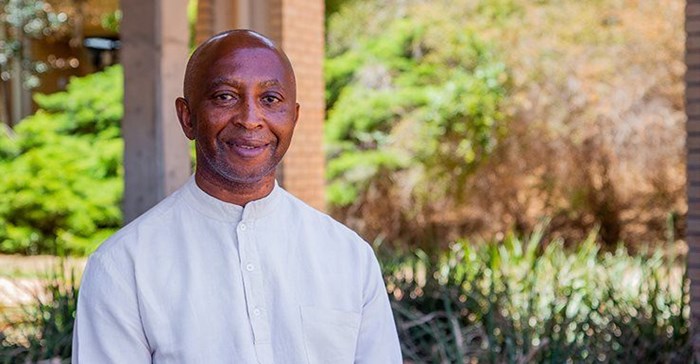A R17m grant over the next five years will help develop science-based solutions and developing technologies that utilise indigenous knowledge (IK) and South African iconic biodiversity to produce high-quality proprietary and commercial African traditional medicine (ATM) products, focusing on priority diseases.

Professor Motlalepula Matsabisa,
The grant was awarded to the Indigenous Knowledge System (IKS) for Health at the Department of Pharmacology at the University of the Free State (UFS) by the Technology and Innovation Agency Platform (TIA).
“Through this platform, IKS will be in a position to increase the number of postgraduate students being trained and developed in the fields of IKS health and pharmacology, technicians and technologists, scientists, researchers, and communities nationally and across our borders," Motlalepula Matsabisa, professor and director of pharmacology at the university.
Rebranded
This research and teaching programme in the School of Clinical Medicine will now be rebranded and be known as the African Medicines Innovations and Technology Development Platform (AMITD), which will strive to respond to community health needs and address industry research challenges.
“We will work with IK communities of practice in the field of health and traditional medical knowledge, together with the traditional health practitioners (THPs) in South Africa, encouraging them to participate meaningfully in the formal economy of the country by utilising the knowledge of the rich South African biodiversity. This will be done through an inclusive model, which will significantly empower the involved communities to become full participants in the formal economy,” says Matsabisa.
The platform will work with private pharmaceutical companies to address technological challenges regarding herbal or ATM products that need improvement, and even develop new products for the market. The main scope of the platform will be to conduct applied and need-driven IKS health research.
AMITD is envisaged to be a unique platform in that it will include focused technology development, community and indigenous knowledge-holder participation, inclusive innovation, bioprocessing, early commercialisation, and support. The focus will be on inclusive development and holistic research of IK-based products across the value chains - research, development, and commercialisation.
“In the longer term, the plan is to establish an AMIDT Institute, and to become the international IKS research hub. To continue maintaining this position as the preferred research institute for training, research, and technology development for industry, government, local communities, and forming partnerships with leading national and international institutions.
Knowledge-based thinking
“The overall benefits will be skills development, job and wealth creation at community level, high-level training at higher-education level, and industrial and business developments around IKS/ATM production activities. The AMIDT will move the country from the current resource-based thinking to a more intensive knowledge-based thinking and development. Abundance of natural resources means nothing to the country if those resources cannot add value and develop commodities for industry development and job creation, including social impacts,” he says.
The short-term goals of the platform are to:
- create internationally competitive, quality, safe, effective, and easy-to-use products from local, commercially cultivated medicinal plants that consumers and patients have confidence in;
- develop and pilot locally developed technologies to meet local pharmaceutical needs;
- create Sanas-accredited, standardised research methodologies on plant extraction, research, and validation;
- host students, technicians, technologists, researchers, and scientists (from South Africa, Africa, and abroad) to undertake short-term and long-term collaborative research;
- market the value of IKS to a competitive local industry and establish an ATM-based pharmaceutical industry in South Africa; and
- grow the platform through employment of qualified and competent personnel.






























